The Nations League match between Israel and France at the Stade de France in Paris on Thursday is under an extensive security operation after last week's attacks on Israeli fans in Amsterdam. Paris Police Chief has labeled the match as "high risk," with Israel advising its citizens to avoid attending. Heightened concerns follow a global rise in anti-Israeli sentiment and anti-Semitic acts, coinciding with Israel's conflicts in Gaza and Lebanon. Only 13,000 spectators are expected in a venue that holds 80,000, reflecting the tense atmosphere.
Security and Broader Tensions
Paris authorities will deploy 4,000 police officers and 1,600 civilian security staff, with elite units guarding the Israeli team. In a rare move, police will also be stationed inside the stadium. Just 100 Israeli fans are expected, traveling via buses to avoid public transport. The match comes amid heightened tensions following anti-Israeli protests in Paris, where demonstrators clashed with police and damaged property. France’s large Muslim population and recent violence in Amsterdam, described as anti-Semitic, add to the security challenges.
Reactions from Players and Officials
French defender Dayot Upamecano expressed hope for peace, while coach Didier Deschamps acknowledged the “heavy atmosphere” surrounding the match. Prominent figures, including President Emmanuel Macron, will attend to show support against anti-Semitism and address strained France-Israel relations. Macron’s presence follows controversies like the recent detention of French gendarmes in Jerusalem by Israeli police, highlighting broader diplomatic complexities.
France's Resolve and Match Stakes
Despite calls to postpone or relocate the match, French Interior Minister Bruno Retailleau stated that "France is not backing down," emphasizing the country’s commitment to combat threats and anti-Semitism. This contrasts with Belgium's decision to move its September match against Israel to Hungary. On the pitch, France only needs a draw to secure a place in the Nations League quarter-finals, but the game carries significance far beyond football, reflecting deeper political and social tensions.
END/WSP/RH/



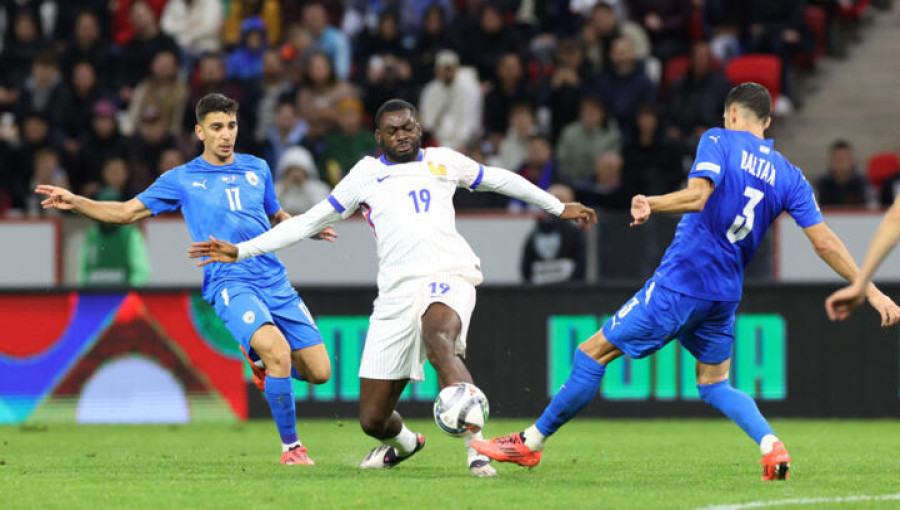
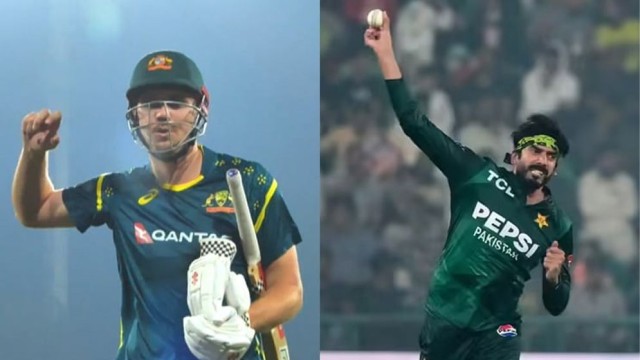
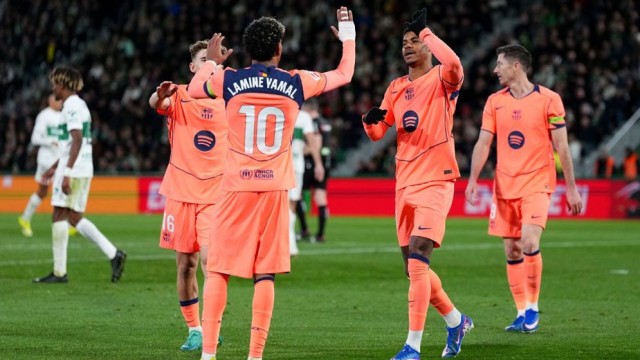
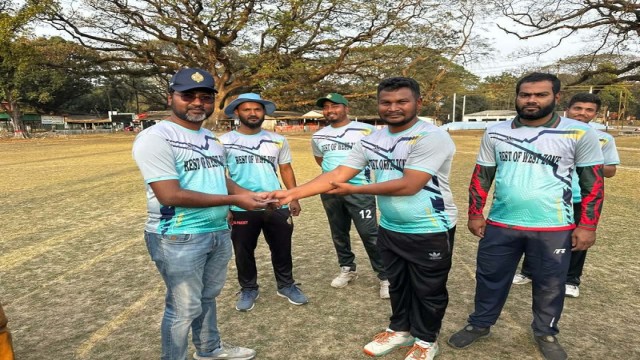
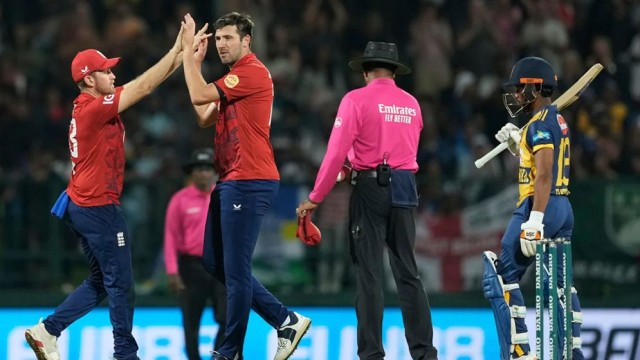
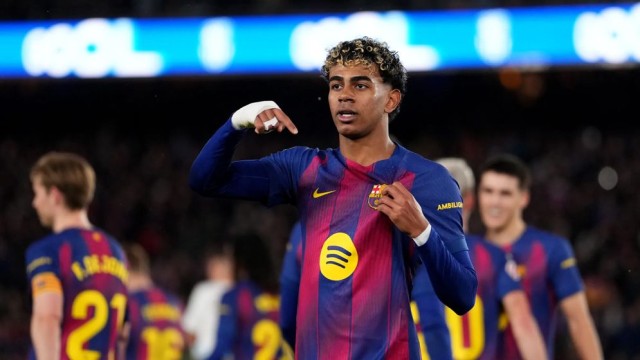
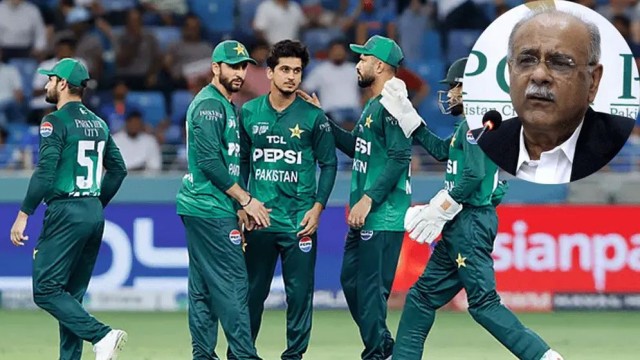

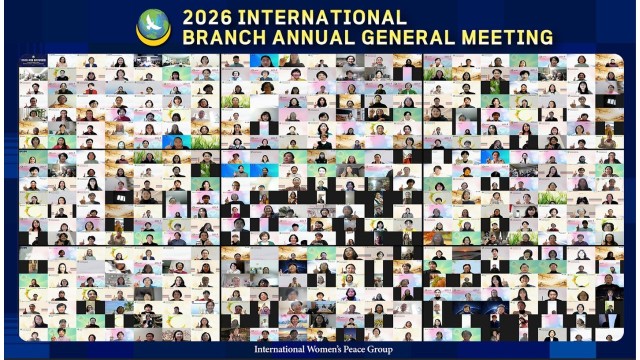
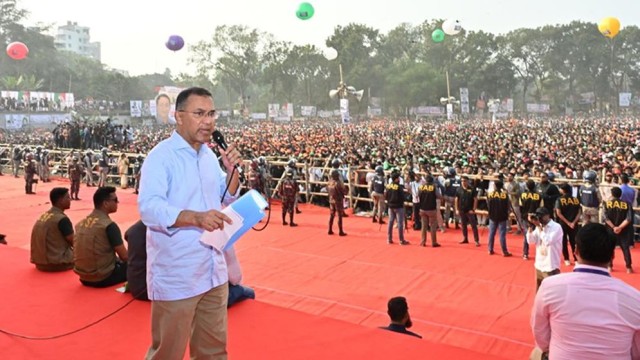
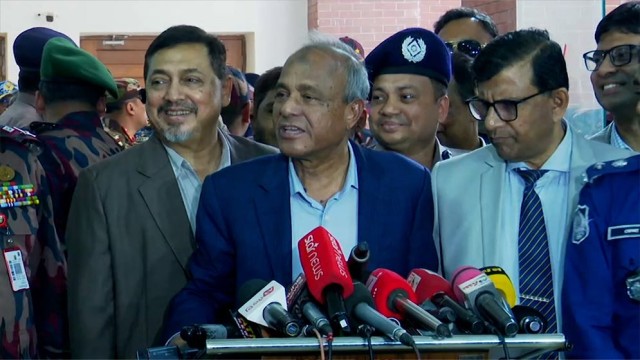
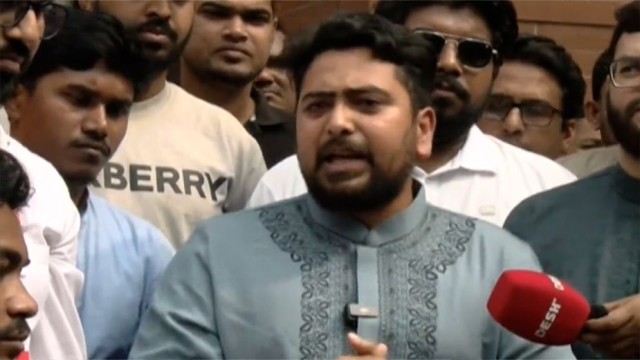
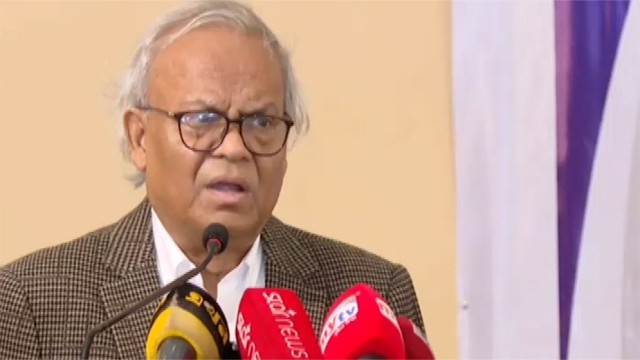
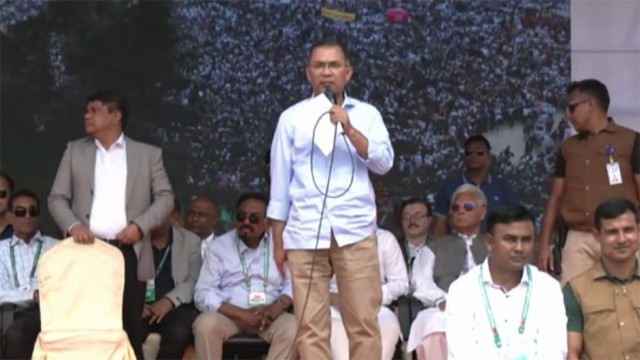
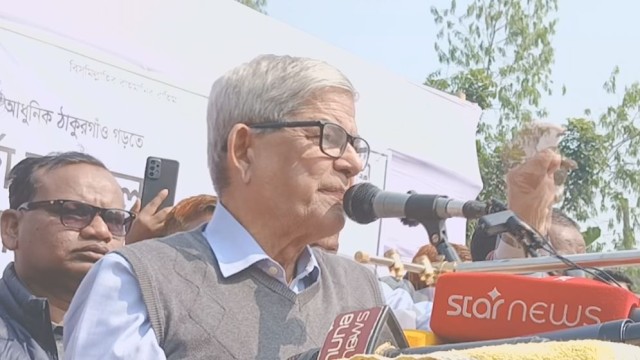
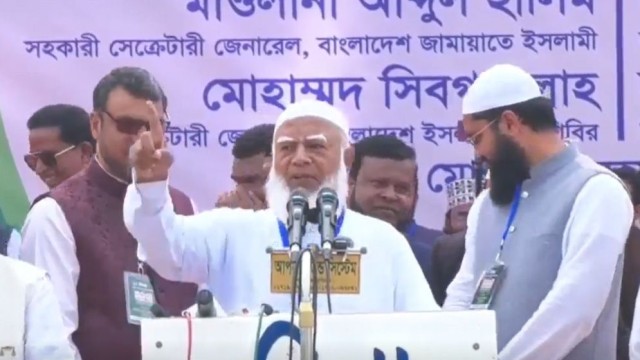
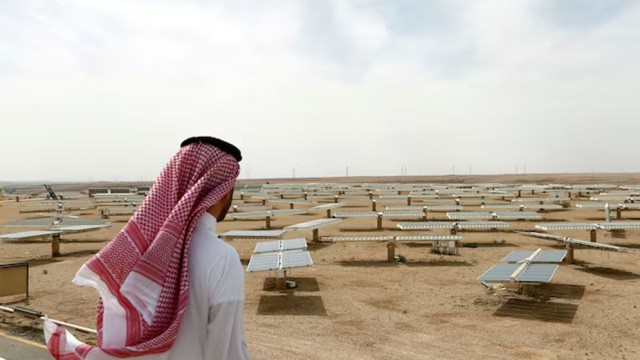











Comment: